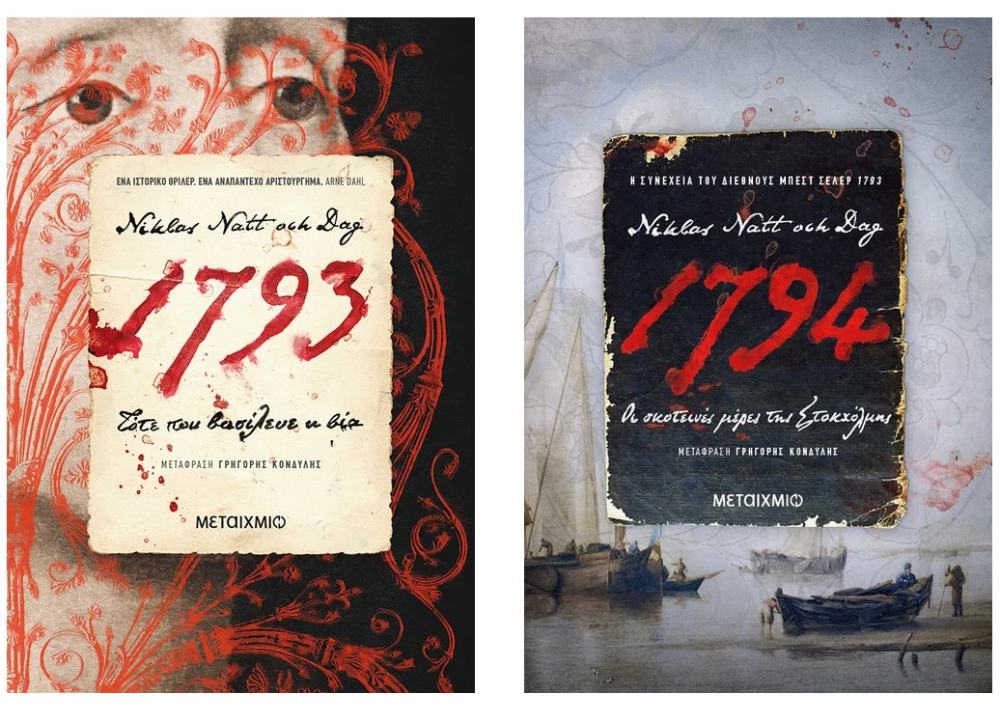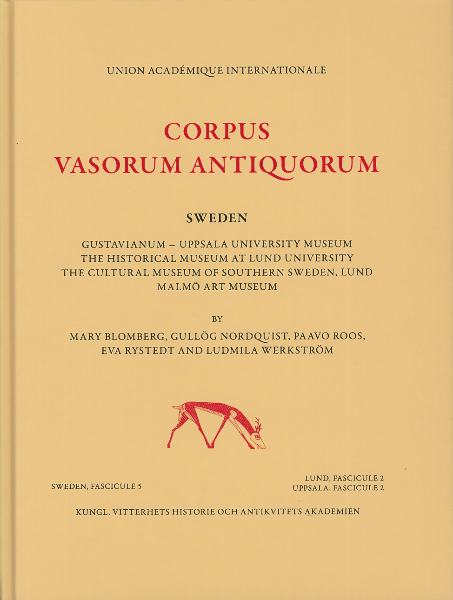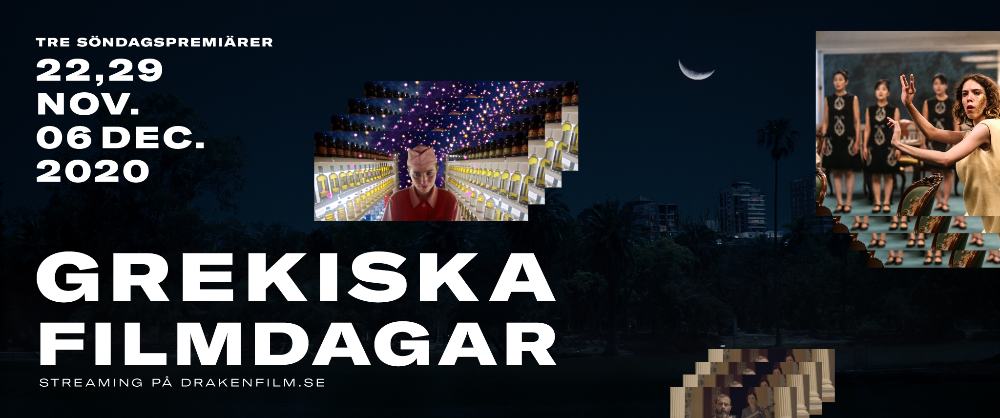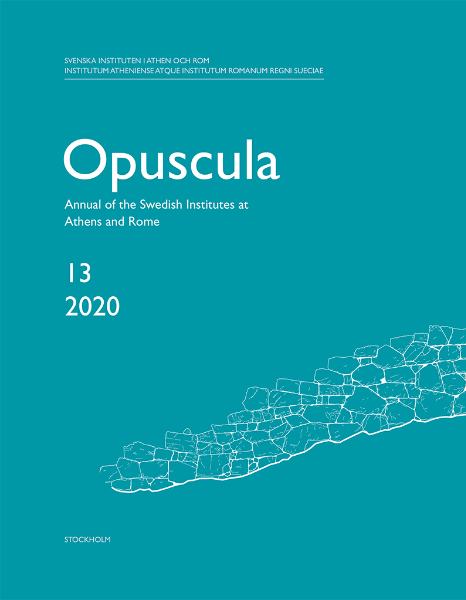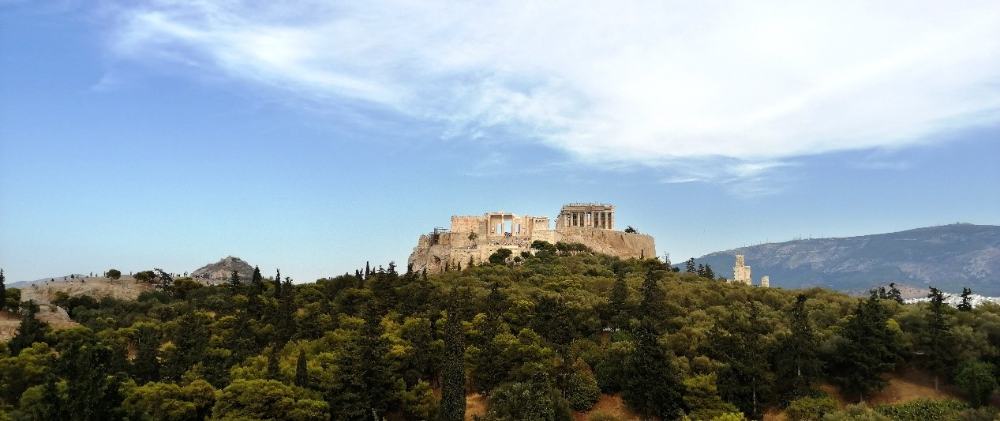Annual Open Meeting 2020
Tuesday, 29 September 2020
Published: 2020-12-01

The recording of the joint Annual Open Meeting of the Swedish, Finish, Norwegian and Danish Institutes at Athens is now available on the YouTube channel of the Nordic Library at Athens.
Attached files: Video link

